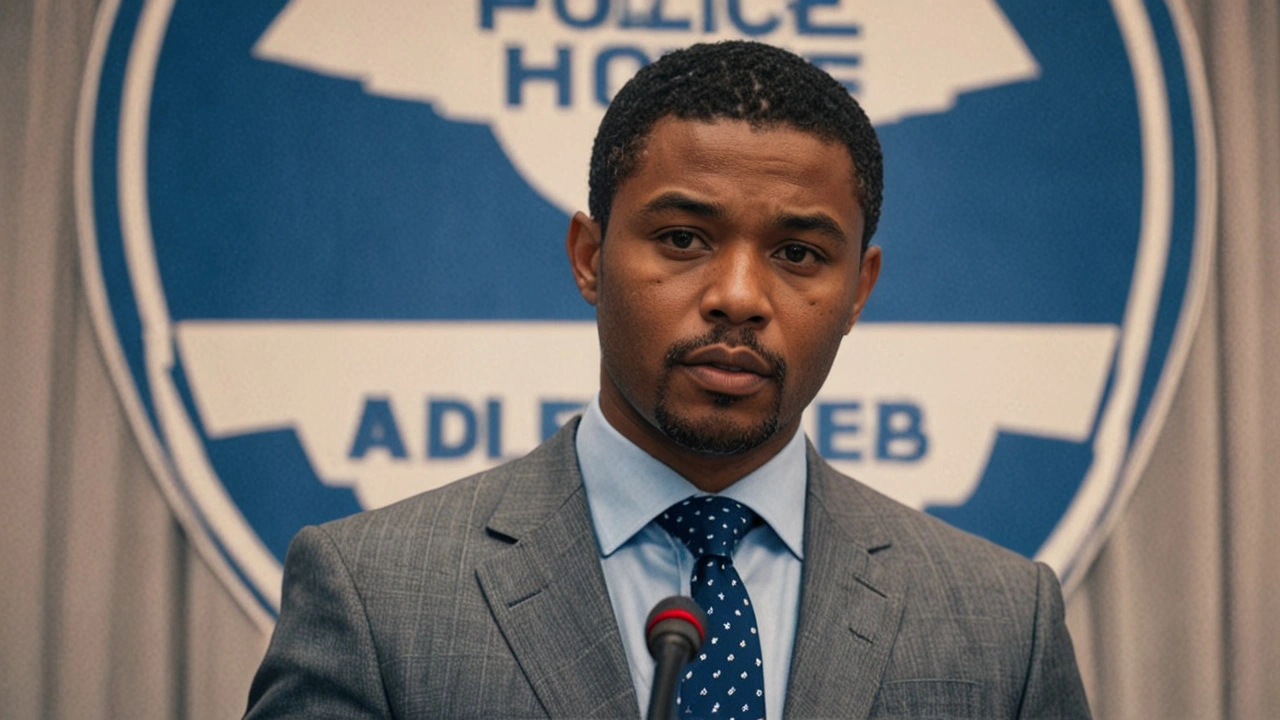Policing and Water-Related Issues in Schools: What You Need to Know
When it comes to schools, water safety isn’t just about the taps and pipes; policing plays an important role in ensuring safe, healthy environments for students and staff. You might wonder, how does policing connect with water in schools? It’s about keeping a close watch on water quality, preventing contamination, and enforcing regulations that protect everyone on campus.
Water-related challenges in schools require a collaborative approach. This includes law enforcement partnering with local authorities and school management to check on water sources, respond to reports of unsafe water, and make sure policies aimed at protecting children’s health are upheld. Effective policing helps spot risky situations early—like unauthorized water use or neglect of water facilities—and fix them before they become serious problems.
Why Is Policing Crucial for School Water Safety?
Think of policing as the watchdog that keeps water safety rules alive in schools. Without proper oversight, schools might face issues like poor water quality, unsafe plumbing, or delayed maintenance that affect students’ well-being. Policing agencies support inspections, help enforce laws on water hygiene, and even get involved in investigations when water safety is compromised. This keeps pressure on caretakers and governments to stay accountable.
Besides physical checks, policing includes monitoring policy compliance. For example, schools must follow water safety standards from government programs to reduce risks of illnesses caused by contaminated water. Policing ensures these standards aren’t just written on paper but practiced daily, so students can learn in safe spaces.
How Does This Impact South African Schools?
In South Africa, water issues in schools have direct effects on education, health, and community trust. When policing takes an active role, we see faster responses to complaints about broken taps, murky water, or unsafe water storage. It also means fewer outbreaks of waterborne illnesses, which have been a challenge in some communities. With regular policing, schools get the support needed to manage water systems properly and uphold government regulations designed to protect students.
Keeping schools safe through policing isn’t just about enforcement—it’s about building partnerships that work toward long-term water safety solutions. This involves raising awareness, educating school staff and students, and involving local police in water safety initiatives. The better everyone understands their role, the safer and healthier schools become.
So next time you hear about water issues in schools, remember policing plays a silent but vital role behind the scenes. It’s not just about law enforcement; it’s about making sure that clean water is truly accessible and safe for every child walking through school doors.

Police Minister Senzo Mchunu's Determined Stance on Combating South Africa's Crime Wave
- by Masivuye Mzimkhulu
- on 17 Jul 2024
Police Minister Senzo Mchunu has pledged to tackle rising crime rates in South Africa, seeking to modernize policing methods and push for legislative changes. He aims to address issues like murder, rape, housebreaking, and hijackings, but his proposals have faced skepticism from experts and concerns from police unions.